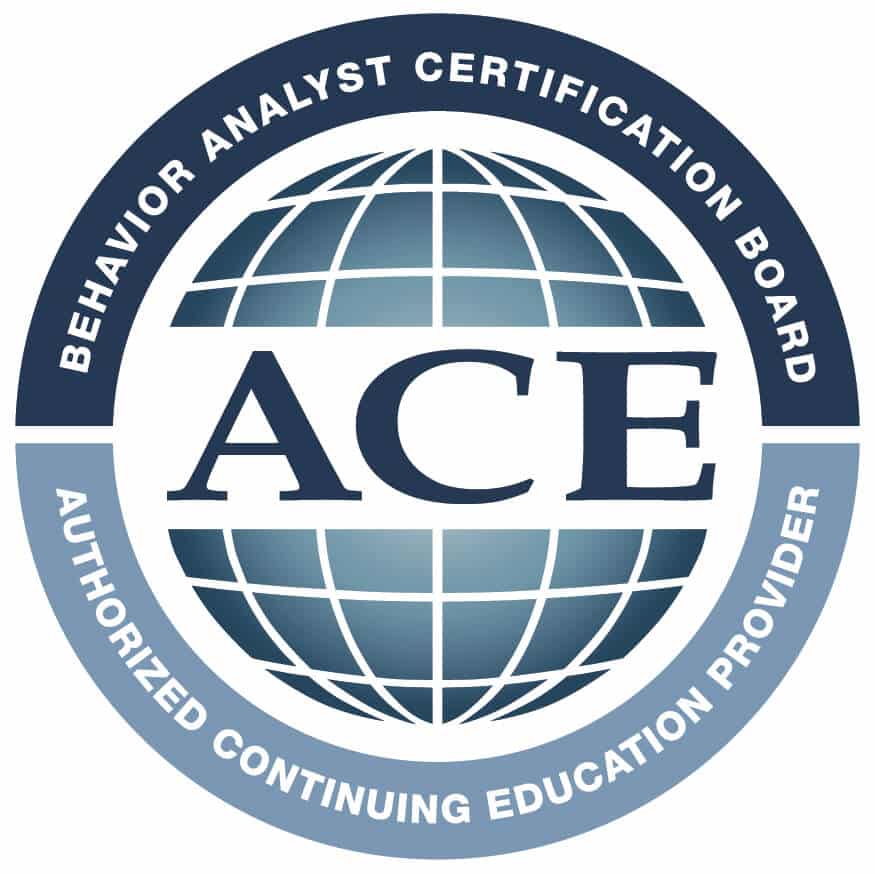Social skills therapy plays a vital role in helping individuals with autism build meaningful connections and thrive in social environments. Imagine a child who finds it challenging to make eye contact or struggles to understand a peer’s emotions. For children on the autism spectrum, such experiences can be part of daily life.
Yet, there’s a path forward that can transform those challenges into opportunities for growth and connection. By focusing on improving interpersonal skills, this therapeutic approach helps children foster meaningful relationships and build confidence.
In this guide, we’ll explore the importance of social skills for autism development and how therapeutic interventions can support their development.
The Significance of Social Skills for Children with Autism
Social skills refer to the abilities we use to navigate social interactions and build relationships. These skills include communication, understanding nonverbal cues, problem-solving, and self-regulation. For children on the autism spectrum, social skills may not come naturally due to challenges in processing social information and difficulties with sensory integration.
For example, a child with autism may struggle to make eye contact, take turns in conversation, or interpret facial expressions. These challenges can impact their ability to develop and maintain meaningful relationships and participate in social activities.
About 1 in 36 children have been diagnosed with autism spectrum disorder (ASD). This makes it one of the most common developmental disorders. As a parent or caregiver of a child with ASD, understanding the importance of social skills is crucial in supporting their development.
What Exactly is Social Skills Therapy?
In the simplest terms, social skills therapy is a specialized form of therapy that helps individuals develop the ability to interact effectively with others. It focuses on key areas like communication, understanding social cues, and navigating relationships.
For children with autism, these skills may not develop naturally, making social situations overwhelming or confusing. Through structured sessions, social skills therapy offers tools and strategies to address these difficulties.
Some of the most common techniques used in social skills therapy include:
- Role-playing: allows children to act out real-life scenarios in a controlled environment, practicing appropriate responses and behaviors.
- Behavior modeling: Provides clear examples of appropriate social interactions to follow.
- Social stories: Uses visual and written cues to help children understand social situations and appropriate responses.
- Video modeling: Shows videos of people successfully interacting in different social situations, providing a visual example for children to follow.
- Group therapy: Allows children to practice social skills with their peers in a safe and supportive environment.
Social skills therapy can also incorporate individualized goals based on each child’s specific needs. For instance, an ABA Therapy Program (Applied Behavior Analysis) may use techniques such as positive reinforcement and shaping to help children learn and improve their social skills.
It is important to note that each child’s progress in autism development will vary depending on their individual needs and goals. Some children may see significant improvement after a few months, while others may require longer periods of therapy. Additionally, the support and involvement of parents or caregivers in the therapy process can greatly enhance a child’s progress.
Consider a 2021 study by iejee (a peer-reviewed journal on elementary education research) which found that social development is essential for overall well-being, and deficits in this area, particularly for children with autism, can impact multiple facets of life. The study highlighted that effective interventions tailored to enhance social skills not only improve communication and interaction, but also contribute positively to academic success, emotional health, and long-term independence.
The Connection Between Social Skills Therapy and Autism Development
Social skills therapy plays a vital role in supporting autism development by addressing core areas of need. Effective communication is one such area. For instance, therapy may teach a child how to greet someone or how to take turns during a conversation, fundamental skills that enhance everyday interactions.
Beyond communication, social skills therapy fosters emotional understanding. Individuals learn how to recognize emotions in themselves and others, which is essential for forming relationships. For example, understanding a friend’s facial expressions can help someone with autism respond appropriately, strengthening that bond.
The therapy doesn’t just stop at surface-level interactions. By improving these foundational skills, it helps individuals build confidence, paving the way for further personal growth. The ripple effects can be profound, from better performance in school to increased independence in adulthood.
Challenges and Misconceptions
Social skills therapy, while effective, is not a one-size-fits-all solution. One common challenge is finding a qualified therapist who understands the unique needs of individuals on the autism spectrum. It’s also important to manage expectations; progress in therapy takes time, and each individual will respond differently.
There are also misconceptions about what social skills therapy can achieve. For example, some may see it as an effort to “fix” a person with autism. This is far from the truth. The goal of therapy is not to change who someone is but to equip them with tools to express themselves and interact with the world on their own terms.
For example, therapy may focus on teaching individuals how to read facial expressions and body language, interpret social cues, and engage in meaningful conversations. These skills can significantly impact their daily lives, but they do not aim to fundamentally change an individual’s personality or quirks.
In addition to traditional therapy, various forms of alternative therapy have been explored for individuals with autism. These can include art therapy, music therapy, animal-assisted therapy, and more. While these may not directly target social skills development, they can provide valuable outlets for expression and communication.
Tips for Parents and Caregivers
Supporting a child with autism can feel overwhelming at times, but there are many strategies and resources available to help parents and caregivers along this journey. By focusing on patience, communication, and building a strong support system, you can make a meaningful difference in your child’s autism development and overall well-being.
Here are some tips to consider:
- Seek professional guidance: Work with therapists, educators, and doctors who specialize in autism for tailored strategies to support your child.
- Practice patience and flexibility: Challenging behaviors aren’t intentional. Stay patient, understanding, and adjust routines to fit your child’s needs.
- Celebrate progress: Acknowledge small milestones, like learning a new skill or improving in social situations.
- Create a supportive environment: Sensory sensitivities can be overwhelming. A calm, quiet space can help your child feel comfortable.
- Focus on communication: Work on a communication system that suits your child, whether speech, pictures, or sign language.
- Take care of yourself: Supporting a child with ASD can be draining. Prioritize self-care through exercise, healthy eating, and breaks. Seek help from friends, family, or therapists when needed.
Every Step Counts: Find the Support You Deserve
Supporting a child with ASD can be challenging, but it is also incredibly rewarding. Remember to celebrate every small victory and appreciate the unique strengths and perspective that your child brings to the world. And most importantly, never forget that you are doing an incredible job as a parent or caregiver for your child with autism.
If you’re looking for additional resources, guidance, or support in your journey, Opal Autism Centers is here to help! Call us today at 888-701-1388 to learn more about our services and how we can support you and your child with autism. Remember, you are not alone on this journey – help is just a phone call away!







